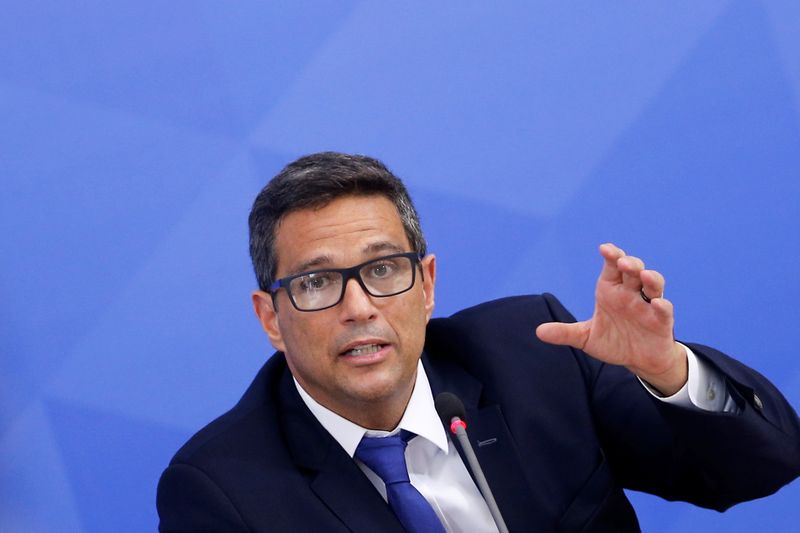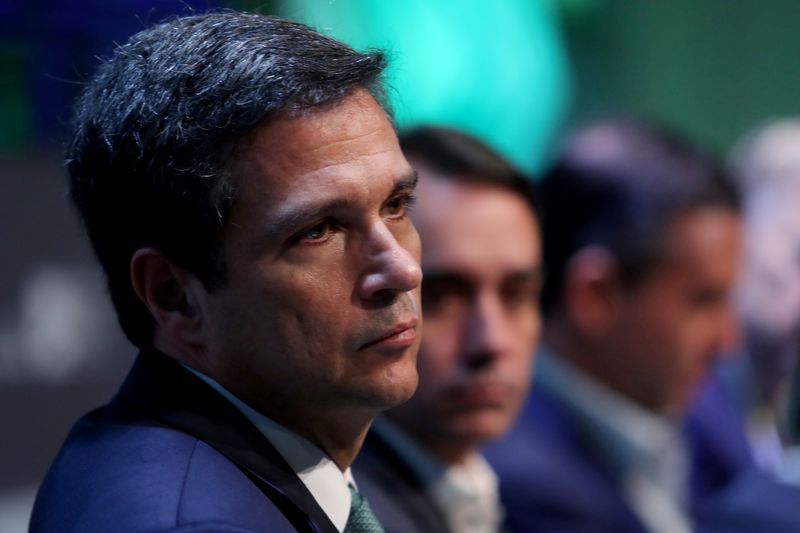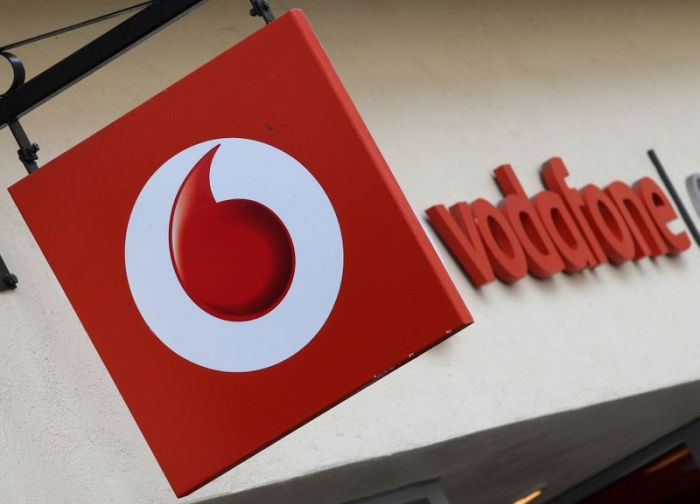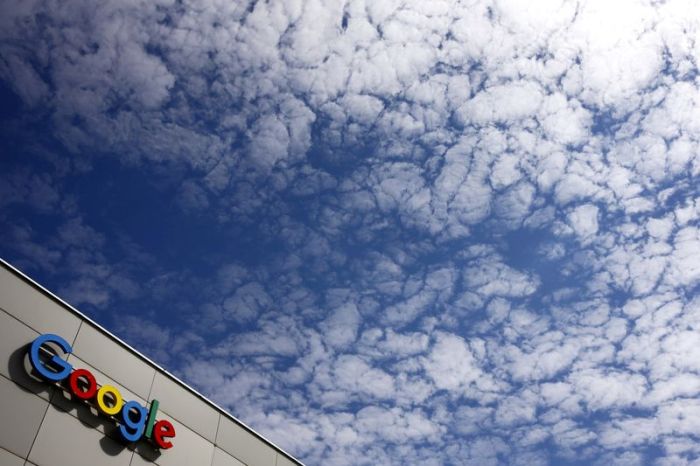BRASILIA (Reuters) – Brazil’s central bank is studying recent data showing inflation is somewhat above expectations to see if there is room for a “residual” cut in interest rates, its president Roberto Campos Neto told Reuters.
In an interview late on Wednesday, he said he expected the bank’s growth projections to improve as pandemic emergency income relief payments and credit for small and medium companies continued to spur improved growth.
“What I have said is that we have to understand the impact of the growth on inflation,” he said when asked if there was still room for a further reduction in the benchmark Selic rate.
“The two tend to go in the same direction, though we understand that we have such a big hiatus that growth is able to return faster without generating a lot of inflation,” he said.
On June 17, when it cut the rate by 75 basis points to a record low of 2.25%, the central bank indicated that the space remaining for further monetary stimulus was uncertain and should be small, even with inflation expectations comfortably below the 4% target for this year and 3.75% next year.
“We already have some marginal inflation data, albeit very residual, showing for the first time that it is slightly above expectations,” Campos Neto said.
The difference between the large volume of funds paid by the government in emergency income relief and what has actually been spent indicates that there is pent up spending that will continue to heat up the economy.
“This will continue to strengthen retail numbers for some time because the volume of money paid out was too large to a sector of the population that has no savings and they will have to spend, to pay debts,” said Campos Neto.
The effect of the emergency aid on the economy should last at least until the end of the year, with the government’s decision to extend monthly payments of 600 reais for another two months to people with vulnerable income in the informal sector.
In addition, relief for small and medium-sized companies is expected to boost activity in the second half of the year.
Brazil’s recovery might not be entirely V-shaped but it will at least have a better upward slope, he said. In June, the central bank projected a 6.4% decline in Brazil’s GDP this year.
Campos Neto expects the government to send Congress a temporary decree this week to support actions announced by the central bank in its last package to unlock credit.
The central bank is worried that the real has been more volatile than other currencies, but has not reached a conclusive explanation of why this is happening. Among the possible causes are the use of the real as a hedge in transactions, and the increase in the number of short-term operations, he said.
Campos Neto expects legislation reinforcing the autonomy of the central bank to be voted on by August 15 in the Senate.
(Reporting by Marcela Ayres and Isabel Versiani; Editing by Bernadette Baum and Chizu Nomiyama)


























